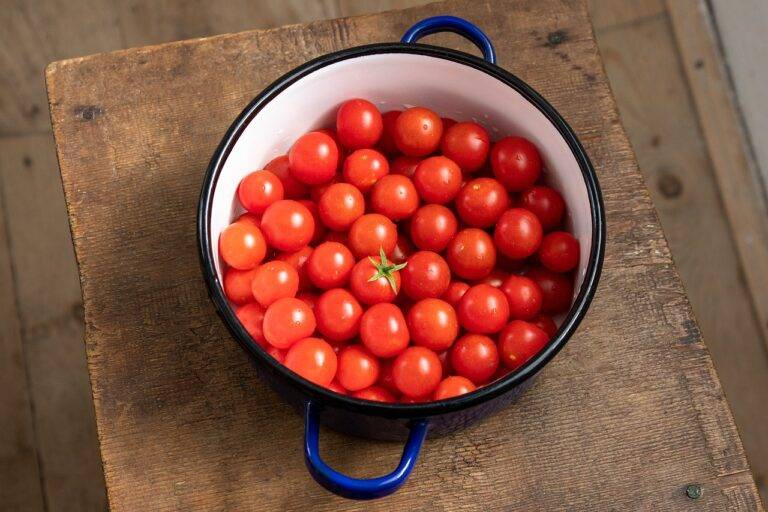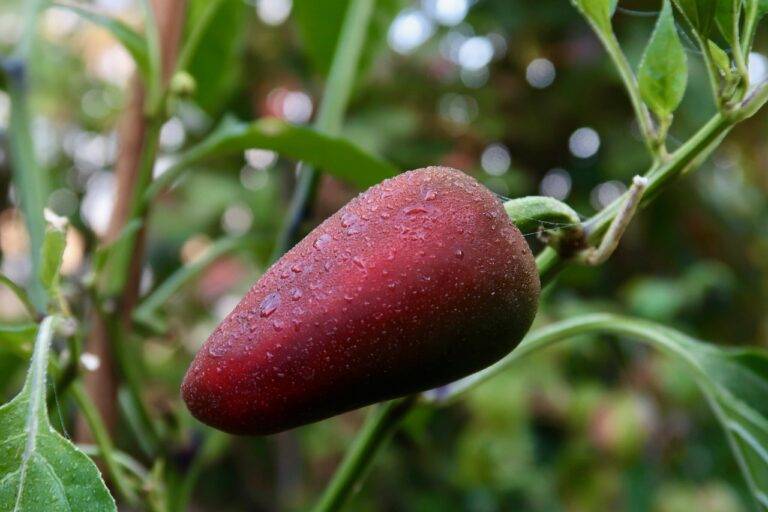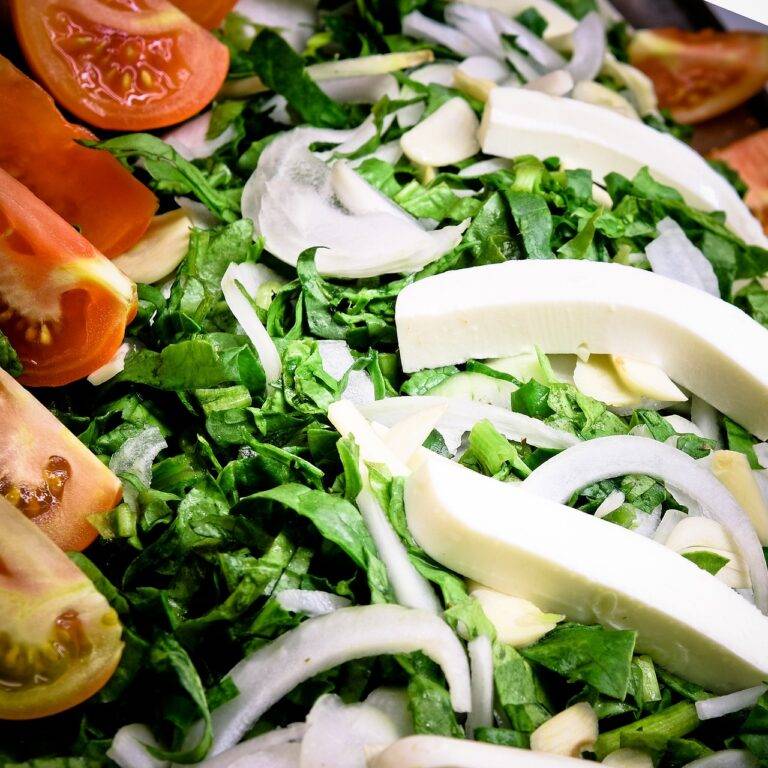Spotlight on Hydroponic Farming for Protein Bar Ingredients: Tigerexchange 247.com, Golden 77.com, Sky 99 exch com login
tigerexchange 247.com, golden 77.com, sky 99 exch com login: Hydroponic farming has been gaining popularity in recent years as a sustainable and efficient way to grow a variety of crops. From leafy greens to herbs and fruits, hydroponic farming offers many benefits, including water conservation, space efficiency, and higher yields. But did you know that hydroponic farming can also be a great option for sourcing ingredients for protein bars?
In this blog post, we’ll shine a spotlight on hydroponic farming for protein bar ingredients, exploring how this method of farming can provide high-quality, nutritious ingredients for your favorite snack.
What is hydroponic farming?
Hydroponic farming is a method of growing plants without soil. Instead of traditional farming methods that rely on soil to provide plants with nutrients, hydroponic farming uses a nutrient-rich solution that is delivered directly to the plant’s roots. This method of farming allows for more precise control over the plant’s environment, including light, temperature, and nutrients, resulting in faster growth and higher yields.
Why is hydroponic farming a great option for protein bar ingredients?
When it comes to sourcing ingredients for protein bars, quality and consistency are key. Hydroponic farming offers several advantages that make it an ideal choice for sourcing ingredients for protein bars:
1. High-quality ingredients: Hydroponic farming allows for the production of high-quality, nutrient-dense ingredients. By controlling the plant’s environment and nutrient intake, hydroponic farmers can ensure that their crops are free from pesticides and other harmful chemicals. This results in ingredients that are not only healthier but also taste better.
2. Consistent supply: Hydroponic farming can produce crops year-round, regardless of the weather or season. This means that protein bar manufacturers can rely on a consistent supply of fresh ingredients, ensuring that their products are always made with the freshest ingredients available.
3. Space efficiency: Hydroponic farming requires significantly less space than traditional farming methods. This means that protein bar manufacturers can source ingredients locally, reducing transportation costs and carbon emissions.
4. Water conservation: Hydroponic farming uses up to 90% less water than traditional farming methods. This is particularly important as water scarcity becomes an increasingly pressing issue worldwide. By sourcing ingredients from hydroponic farms, protein bar manufacturers can reduce their water footprint and contribute to sustainability efforts.
5. Nutrient density: Hydroponic farming allows for precise control over the nutrient intake of plants. This means that crops grown hydroponically are often more nutrient-dense than their soil-grown counterparts. Protein bar manufacturers can benefit from sourcing ingredients that are not only high in protein but also packed with vitamins and minerals.
How are hydroponic farms revolutionizing the protein bar industry?
Several hydroponic farms around the world are already supplying ingredients to protein bar manufacturers, revolutionizing the industry in the process. These farms are leveraging technology and sustainable practices to produce high-quality ingredients at scale. By partnering with hydroponic farms, protein bar manufacturers can differentiate their products in a crowded market and attract health-conscious consumers looking for clean, sustainable snacks.
Heading 1: The benefits of hydroponic farming for protein bar ingredients
As we’ve discussed, hydroponic farming offers several benefits for sourcing ingredients for protein bars. Let’s dive deeper into some of the key advantages of this method of farming.
Heading 2: Sustainable sourcing
Hydroponic farming is inherently more sustainable than traditional farming methods. By using less water, space, and resources, hydroponic farms can produce ingredients with a lower environmental impact. This is particularly important as consumers become more conscious of the sustainability practices of the brands they support.
Heading 3: Local production
Hydroponic farms can be set up in urban areas, allowing protein bar manufacturers to source ingredients locally. This reduces transportation costs and emissions, supporting the local economy and promoting food security.
Heading 4: Customized ingredients
Hydroponic farms can tailor the nutrient profiles of their crops to meet the specific needs of protein bar manufacturers. This customization allows for the production of unique ingredients that are not only high in protein but also rich in vitamins and minerals.
Heading 5: Year-round availability
One of the biggest advantages of hydroponic farming is its ability to produce crops year-round. This means that protein bar manufacturers can rely on a consistent supply of fresh ingredients, even during the off-season. This is particularly important for meeting the growing demand for protein bars.
Heading 6: Increased innovation
By partnering with hydroponic farms, protein bar manufacturers can stay at the forefront of innovation in the industry. Hydroponic farms are continuously developing new technologies and practices to improve crop yields and quality. By sourcing ingredients from these farms, protein bar manufacturers can access the latest advancements in farming technology.
Frequently Asked Questions
Q: Are hydroponically grown ingredients more expensive than conventionally grown ingredients?
A: While hydroponically grown ingredients may be more expensive upfront due to the cost of setting up and maintaining hydroponic systems, they can offer long-term savings in terms of water usage, space, and labor. Additionally, the benefits of higher quality, nutrient-dense ingredients may justify the higher cost for some manufacturers.
Q: Can hydroponic farming support the demand for protein bar ingredients at scale?
A: Yes, hydroponic farms can scale their operations to meet the demand for protein bar ingredients. By optimizing their farming practices and leveraging technology, hydroponic farms can produce ingredients at scale while maintaining high quality and consistency.
Q: Are hydroponically grown ingredients organic?
A: While hydroponically grown ingredients can be produced organically, not all hydroponic farms are certified organic. It’s important for protein bar manufacturers to source ingredients from farms that meet their organic certification standards if organic ingredients are a priority.
Q: What types of protein bar ingredients can be sourced from hydroponic farms?
A: Hydroponic farms can produce a wide range of ingredients suitable for protein bars, including leafy greens like spinach and kale, herbs like basil and mint, and fruits like strawberries and tomatoes. These ingredients can provide the protein, vitamins, and minerals needed to create nutritious and delicious protein bars.
In conclusion, hydroponic farming offers a sustainable, efficient, and high-quality way to source ingredients for protein bars. By partnering with hydroponic farms, protein bar manufacturers can access a consistent supply of fresh, nutrient-dense ingredients that differentiate their products in the market. As consumer demand for clean, sustainable snacks continues to grow, hydroponic farming is poised to play a key role in revolutionizing the protein bar industry.







